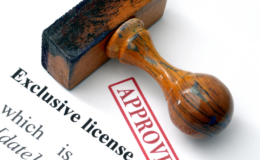Merchant cash advances are a great way to fund a small business by borrowing against credit card sales. If you have trouble securing a small business loan or any other type of loan from a bank or credit union, then this method can be very beneficial to help get your business off the ground.
This type of funding has plenty of benefits, including almost immediate funds, no credit check, no collateral, and easy repayment. However, what happens when you default on a merchant cash advance?
What happens when you default on a merchant cash advance
Merchant cash advances can be much easier to obtain than other loans, but defaulting on a merchant cash advance can have severe repercussions. When you default on your cash advance, the lender has the right to sue you. Usually, one of the agreements in a merchant cash advance is a personal guarantee. This means that if you fail to pay back your cash advance, the lender has the right to take your finances. There may also be an acceleration clause, meaning that as soon as you default on your payments, your lump sum will be due immediately.
If you are consistently defaulting on your merchant cash advance, then you may need to sign a confession of judgment. This confession means that you have allowed another person to enter a judgment against you. These judgments can be controversial and have a high chance of being invalidated when in court.
Finally, if you continue to struggle with the payments on your merchant cash advance, you will collect dozens of miscellaneous fees and penalties. Your credit score will also go down, and the next step may be bankruptcy. Lenders may also sell the outstanding debt to debt collectors, who can be vicious when collecting the money.
Merchant cash advances can be a great way to fund your small business if additional loans aren’t an option. However, if you find yourself unable to repay the debt, you can run into a lot of trouble.






